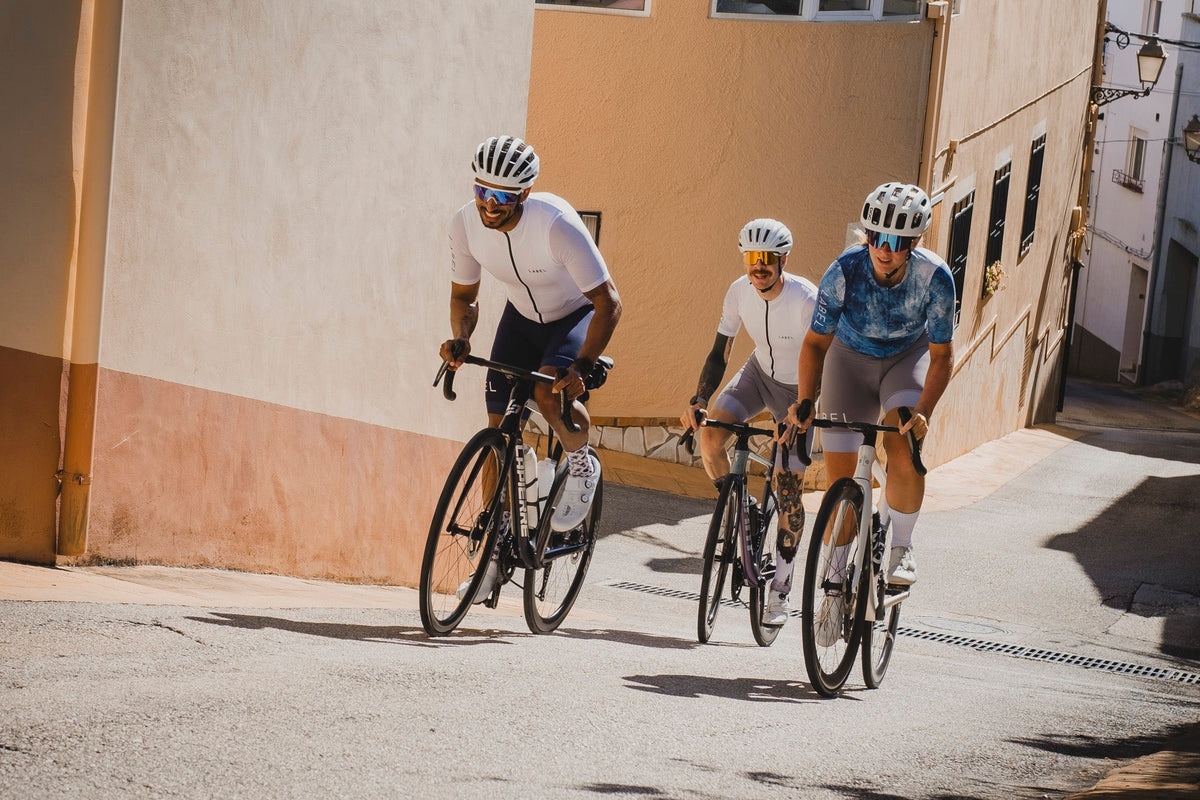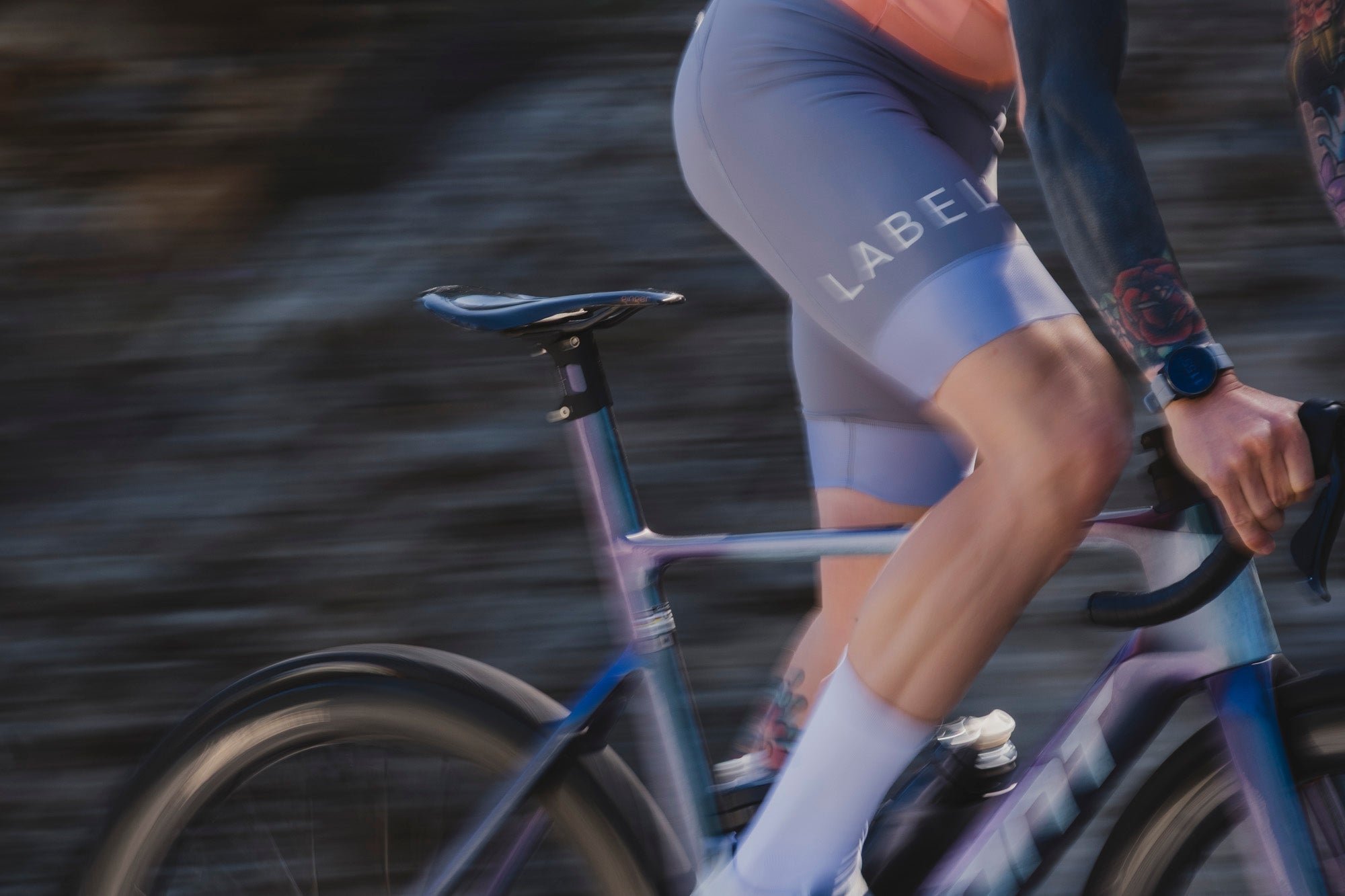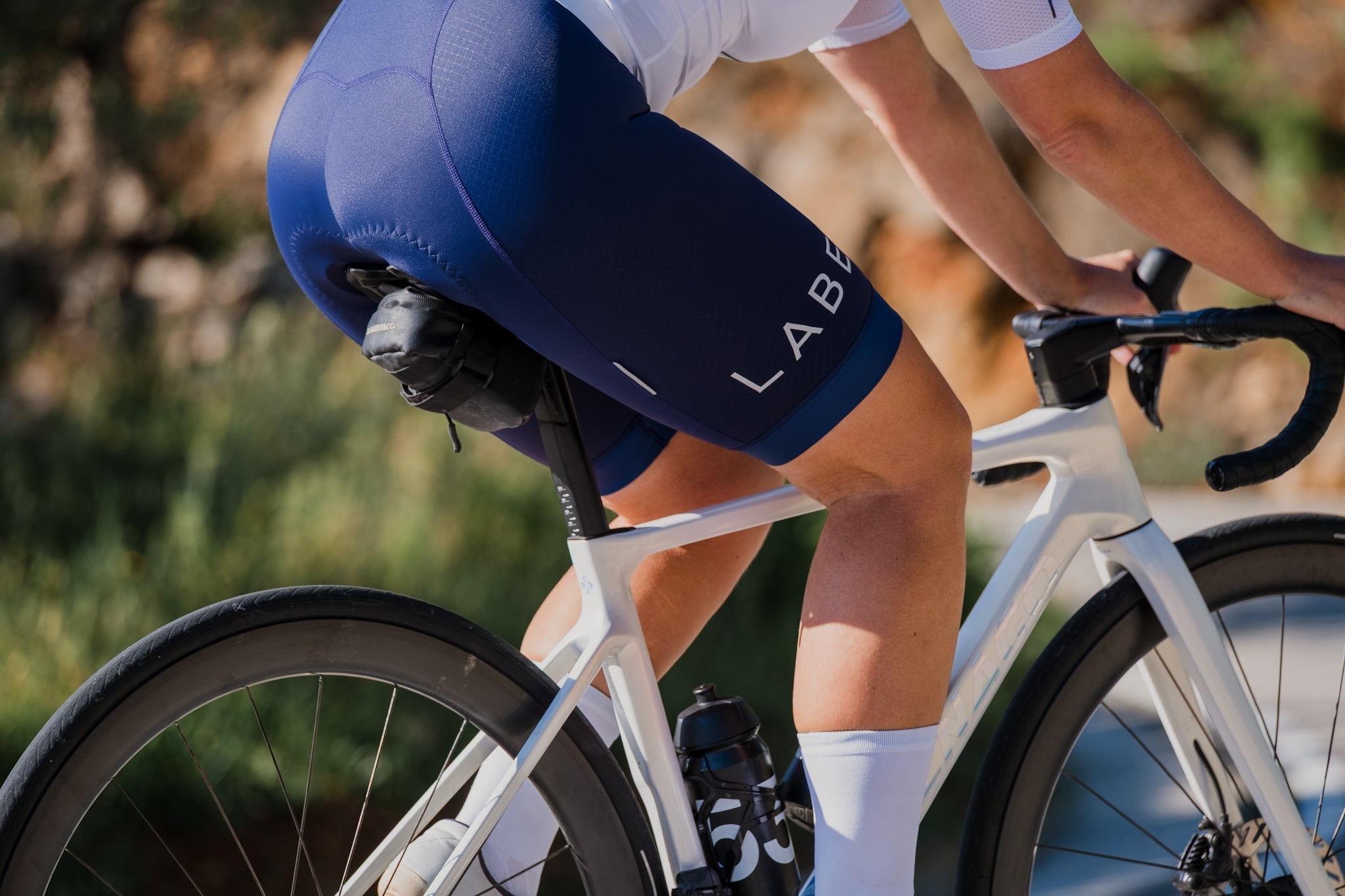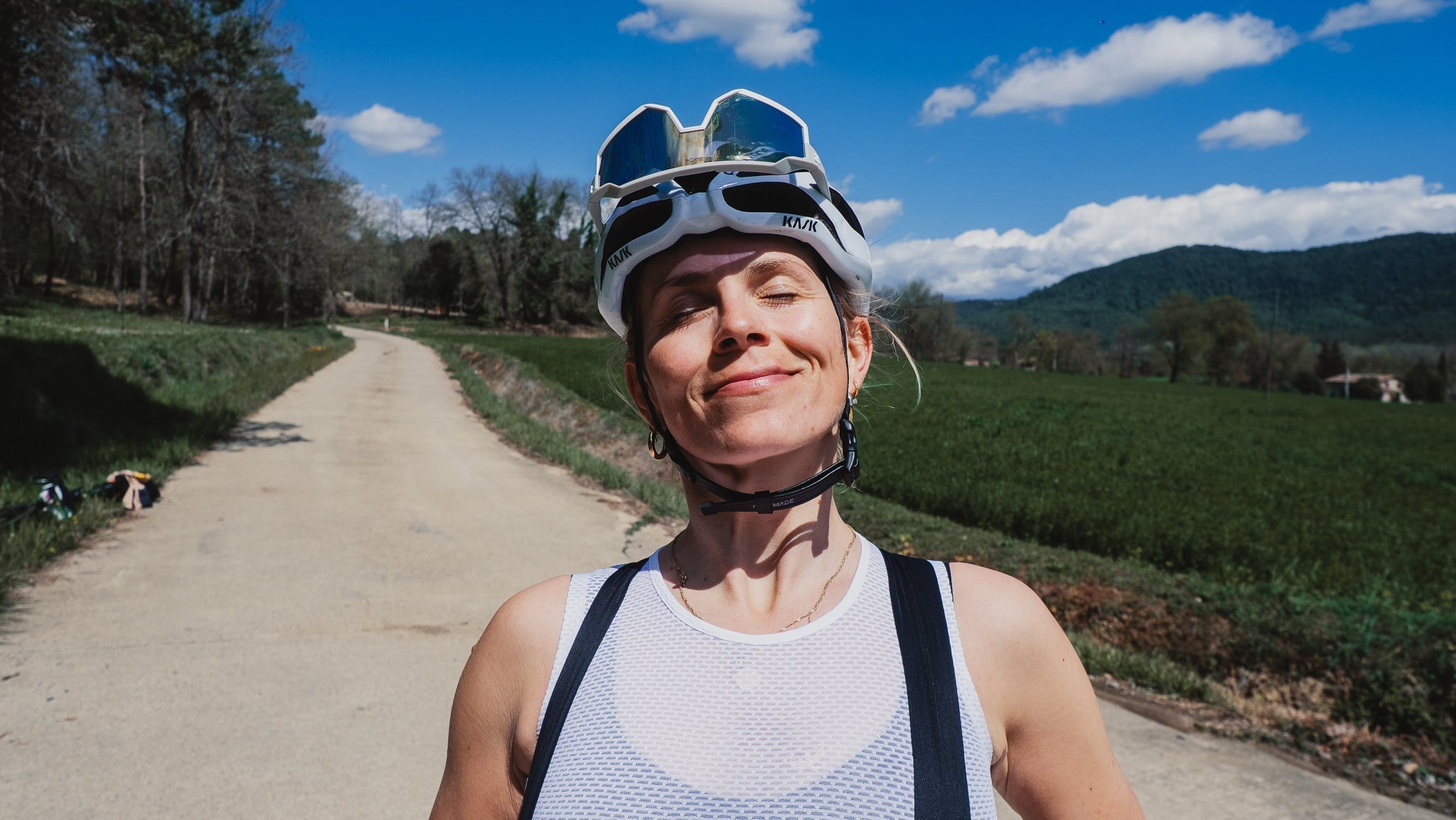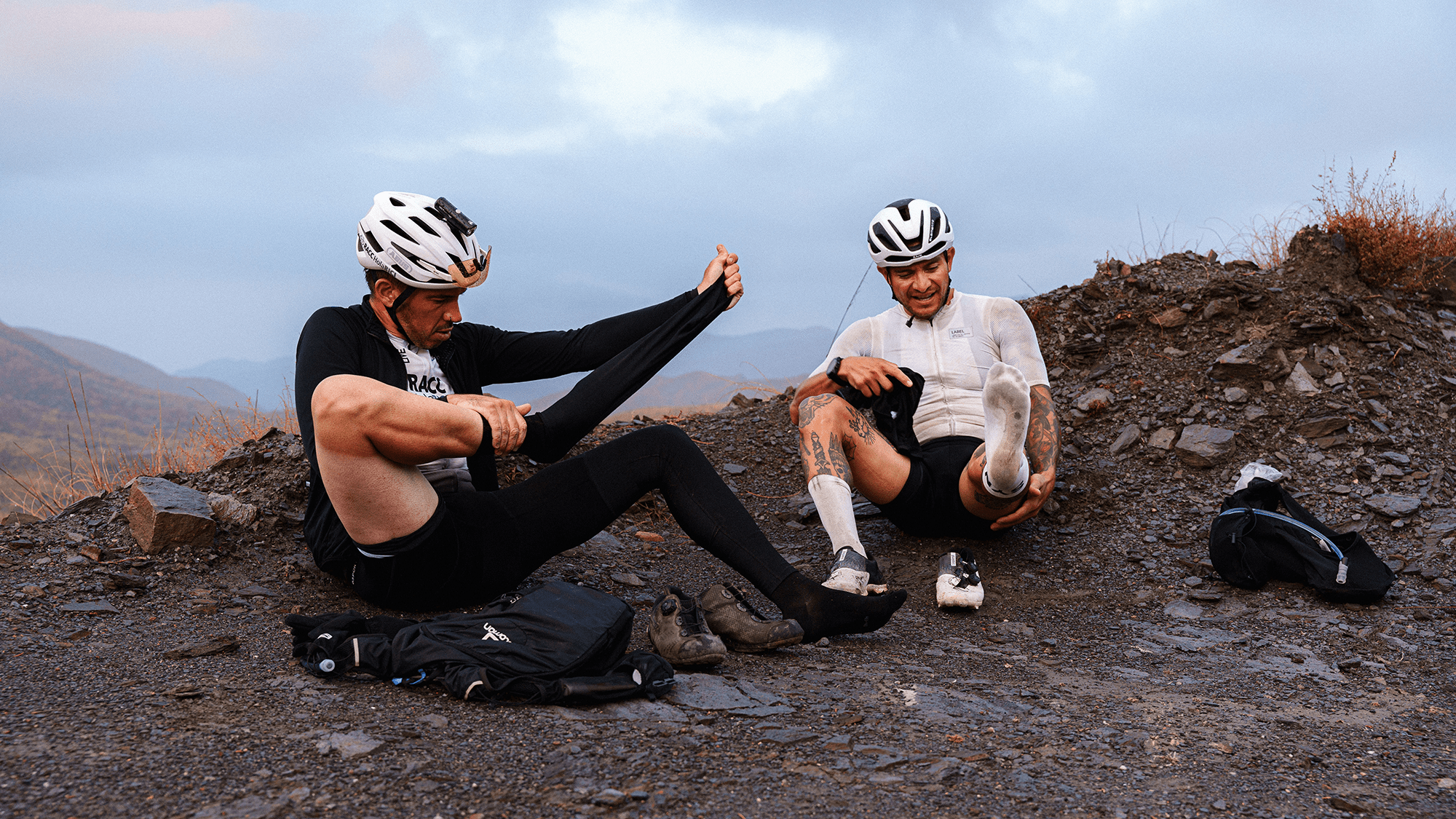
How to Tackle Ultra Rides
Ultra rides are the pinnacle of endurance cycling, challenging riders to push their physical and mental limits over extreme distances and terrains. Whether you're aiming for a personal milestone or taking on a competitive event like the Badlands Race, preparation is key. This guide covers everything you need to know about training, nutrition, gear, and mindset to help you conquer ultra rides with confidence.

Preparing for an Ultra Ride
Building a Long-Term Training Plan
Ultra rides require a gradual build-up of fitness. Start by increasing your weekly mileage slowly, focusing on endurance rides. Incorporate interval training and hill sessions to build strength and stamina for climbs. Simulate race conditions by doing back-to-back long rides on consecutive days to prepare your body for the cumulative fatigue of ultra events.
Nutrition and Hydration Fundamentals
Training isn't just about riding – proper nutrition and hydration are just as important. Develop a fuelling strategy during training to determine what works best for your body. Consistently hydrate before, during, and after rides, especially in warmer climates. Electrolyte drinks can prevent cramping and keep you hydrated on long routes.
The Role of Recovery
Recovery is critical in the weeks leading up to an ultra ride. Schedule regular rest days and prioritise sleep to allow your body to rebuild and adapt. Consider recovery rides or gentle yoga sessions to stay active without overloading your system.
Essential Gear for Ultra Rides
Lightweight Summer Apparel
The right clothing can make or break your ride. For warm-weather events, opt for breathable, moisture-wicking fabrics like the Unisex SS Jersey, which keeps you cool even in high temperatures. Pair it with the Unisex Bibs, designed for comfort and performance on long days in the saddle. For the colder days we recommend our thermal jersey and cargo bibs.
Reliable Equipment for Endurance
Ensure your bike is in top condition by checking the drivetrain, tyres, and brakes before the event. Carry spares like inner tubes, a multi-tool, and a small pump or CO2 cartridges. A well-maintained bike reduces the risk of mechanical failures during your ride.
Storage Solutions for Nutrition and Gear
Long rides demand accessible storage for snacks, tools, and water. Use bib pockets for small items and consider frame bags for larger essentials. Hydration packs can be a game-changer for events with limited water stops.
Fuelling for Ultra Rides
Gels and Carb Drinks
Energy gels and carbohydrate drinks are compact, easy-to-digest options that provide a quick energy boost. Brands like SIS and Maurten offer gels tailored for endurance events. For drinks, choose high-carb mixes that also contain electrolytes to replace minerals lost through sweat.
Real Food Options
While energy gels are convenient, incorporating real food can improve digestion and stave off flavour fatigue. Homemade options like flapjacks, bananas, or peanut butter sandwiches are excellent choices. Make sure when you stop to also just eat some normal food that are not gels and cycling bars.
Balancing Fuelling Needs
Aim to consume 60–90 grams of carbohydrates per hour for optimal performance. This can be a combination of gels, drinks, and solid foods. Test your strategy during training rides to identify what works best for your body and avoid surprises on the day.
Mental Strategies for Conquering Ultra Rides
Lessons in Resilience
The Badlands Race is a testament to the unpredictable nature of ultra rides. Riders face mental and physical barriers, but resilience often determines success. Break the ride into smaller goals, focusing on the next checkpoint or climb rather than the entire distance.

Staying Present and Focused
Long hours on the bike can be daunting. Distract yourself by enjoying the scenery, listening to music or podcasts, or practising mindfulness. Positive self-talk can also help maintain motivation when the going gets tough.
Handling Setbacks
Ultra rides rarely go as planned. Weather, mechanical issues, or fatigue can derail even the best preparation. Adaptability is key. Prepare mentally for challenges, and remind yourself that overcoming them is part of the journey.
Lessons from the Badlands Race
The Badlands Race offers valuable insights into tackling ultra rides. From pacing yourself during steep climbs to battling extreme weather conditions, every ultra ride teaches lessons in perseverance. The importance of preparation, adaptability, and mental toughness cannot be overstated.
Tips for First-Time Ultra Riders
Start Small and Build Up
Begin with shorter endurance rides before committing to a full ultra-distance event. Practice fuelling and hydration strategies on these rides to identify what works best.
Familiarise Yourself with the Route
Study elevation profiles and weather forecasts for the event. Plan rest stops and identify potential challenges like steep climbs or exposed sections. Use GPS devices to navigate efficiently.
Always Prepare for the Unexpected
Carry a repair kit, spare tubes, and a waterproof jacket for emergencies. Mentally rehearse how you’ll handle setbacks to stay calm under pressure.
Why Ultra Rides Are Worth the Effort
Completing an ultra ride is a unique achievement. It builds physical endurance and mental resilience, offering unforgettable experiences and stories to share. Events like the Badlands Race are more than just competitions – they’re journeys that challenge you to redefine your limits.
Conquering ultra rides requires preparation, both physically and mentally. Build your endurance gradually, dial in your nutrition strategy, and invest in reliable gear like Label Collective’s Unisex SS Jersey and Unisex Bibs. Embrace the challenge, and remember that every ride is a step closer to your goal.
Ready to take on your next ultra ride? Explore our collection of premium cycling apparel and gear up for success!
Shop our collections

Jerseys
